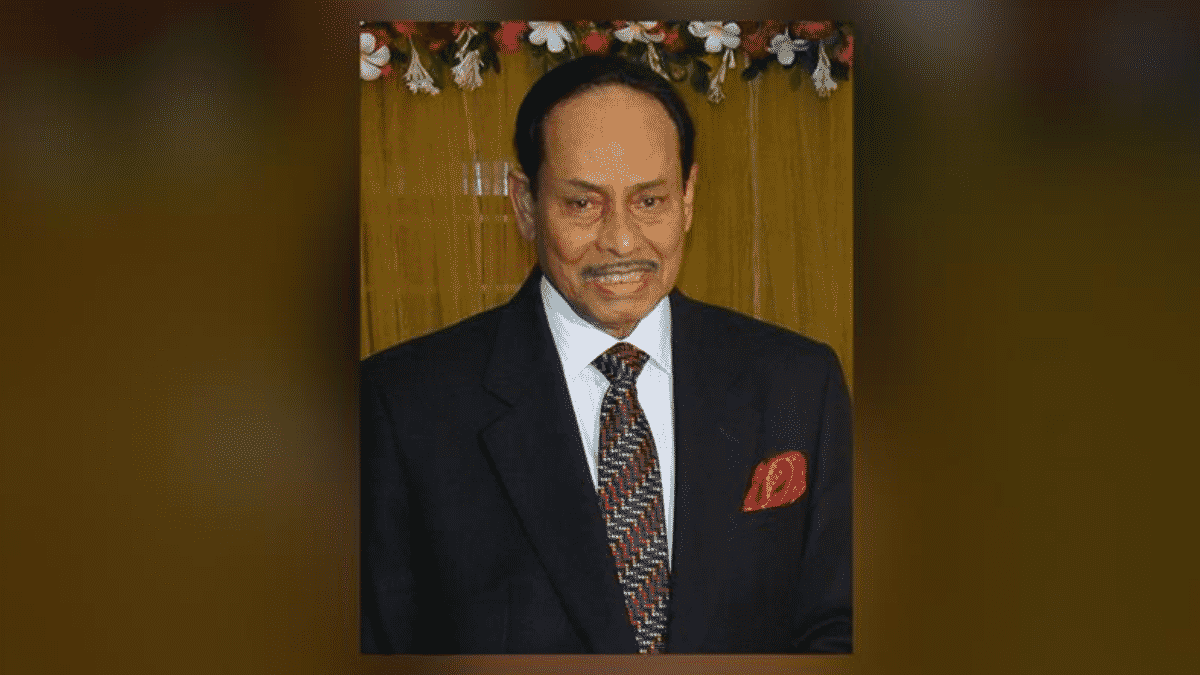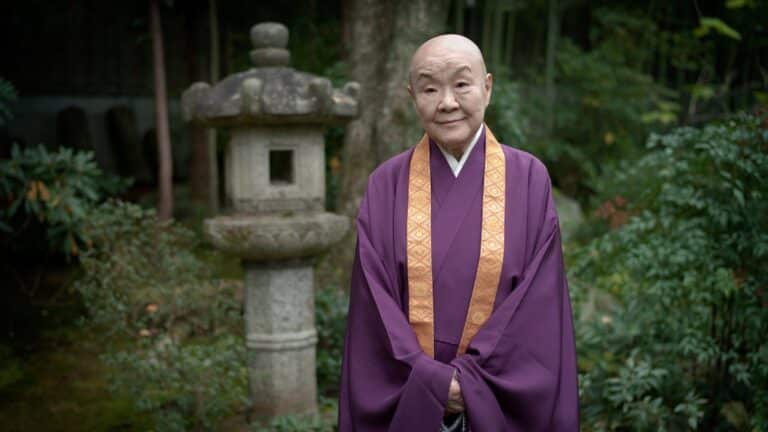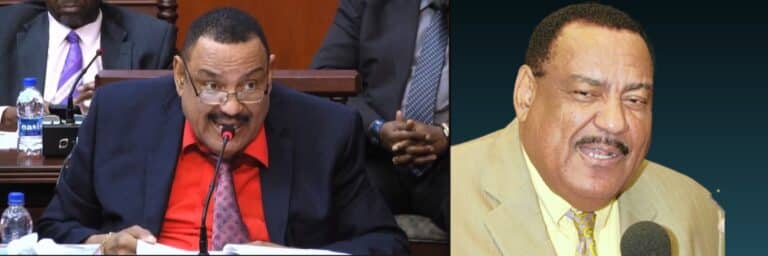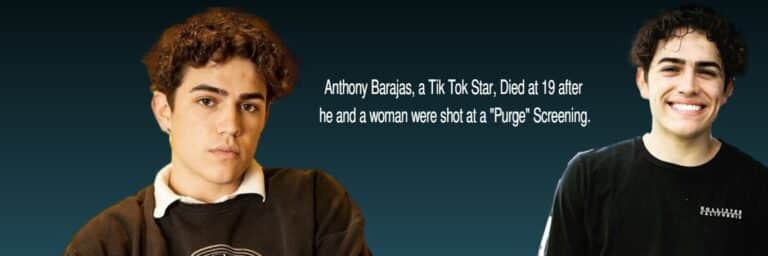The former Bangladesh President and military ruler Hussain Muhammad Ershad have died at aged 89 following age-related health complications, an aide has said. Ershad died in hospital after being on life support for ten days.
Hussain Muhammad Ershad was born1 February 1930 and died July 14, 2019. He was a politician who served as the President of Bangladesh from 1983 to 1990, a time many consider to have been a military dictatorship.
“He died today morning after suffering for about three weeks,” his political and press secretary Sunil Shuva Roy told reporters on Sunday.
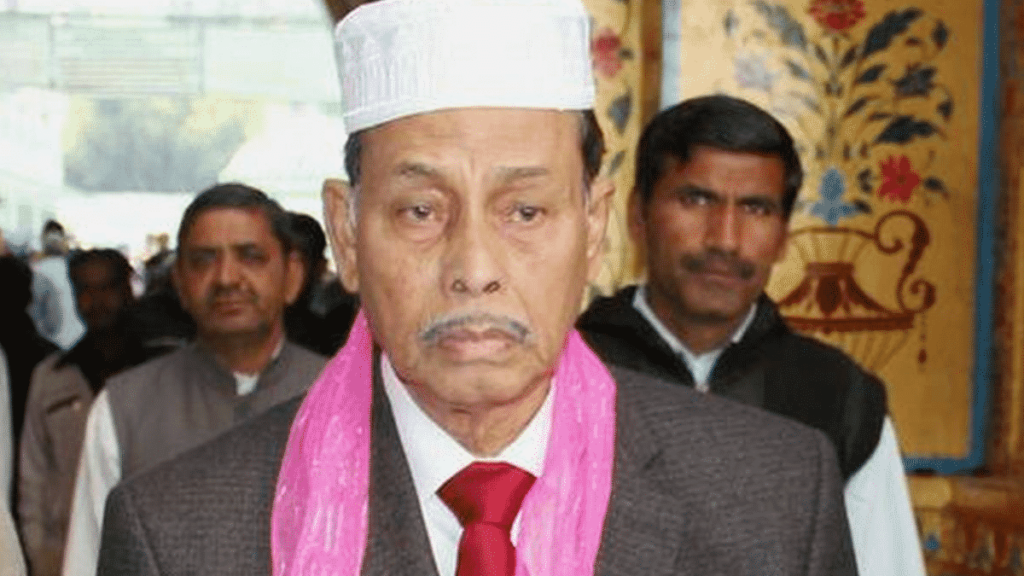
The former president had reportedly been on life support for ten days in a military hospital in the capital, Dhaka, with liver and kidney functions impaired.
As army chief of staff, Ershad seized power in a bloodless coup on April 24, 1982, and declared himself president the next year.
He ruled until December 1990 when he was forced to resign in the face of mass upheaval and weeks of anti-government protests.
He was sent to jail afterward on corruption charges but managed to remain active in Bangladesh’s political scene and was chairman of the main opposition party in the current parliament, the Bangladesh Jatiya Party, which he founded in 1985.
Ershad’s rule was marked by a controversial decision to make Islam the state religion of the officially secular Muslim-majority nation.
In comments made to local reporters from jail in 1996, Ershad, who was also a prolific poet, said that his “greatest failure … was running the country softly with a heart of a poet”.
Since his removal at the hands of current Prime Minister Sheikh Hasina and main opposition leader Khaleda Zia, the two women have become bitter rivals, with the government last year jailing Zia for a decade over corruption charges.
Hussain Muhammad Ershad Political career since 1991
Ershad is the only high-profile politician to be convicted of corruption and serve a prison sentence. Legal complexities tend to prolong the investigation and settlement of corruption cases against senior politicians in Bangladesh.” We don’t know what will be the fate of these cases”, lawyer Shahdeen Malik told the BBC.
Ershad lost his membership in parliament owing to his conviction on charges of corruption when his relations with the ruling Awami League subsequently deteriorated. He switched his support to his one-time political adversary and main opposition leader, Khaleda Zia forming an anti-government coalition.[38][38] Thus, the questionable court verdict followed.
Both Khaleda Zia of BNP and Sheikh Hasina of Awami League allied together to oust Ershad. Ironically both of these two top parties also allied with him and his Jatiya Party in time of their need to suit their purpose.
Ershad called President Iajuddin Ahmed three times along with Kazi Zafar Ahmed twice on December 23 not to extend two days for filing nominations for scheduled January 22, 2007, elections when Awami League and its allies decided to join that votes after long parley of Mukhlesur Rahman Chowdhury with Sheikh Hasina. However, for the sake of continuation of the democratic process, Chowdhury convinced all concerned that without both Awami League and BNP the election would not be credible.
On June 30, 2007, Ershad stepped down temporarily from the post of Party chairman, indicating an end to his political career. It is speculated that he stepped down under pressure as the Caretaker Government started a series of prosecution and arrest for corruption and criminal charges against political leaders of Awami League and BNP including Sheikh Hasina, Khaleda Zia and Zia’s son Tareq Rahman among others.
